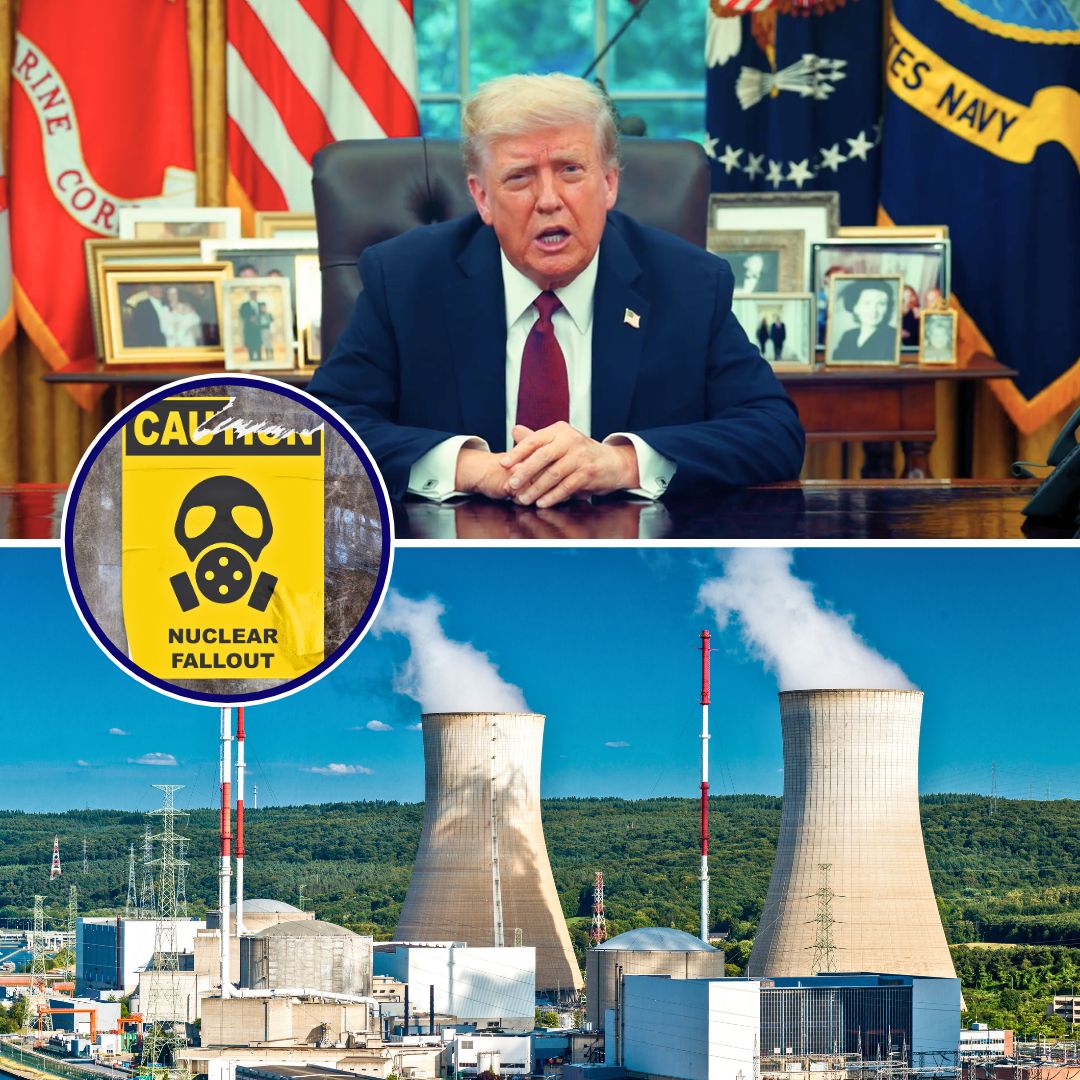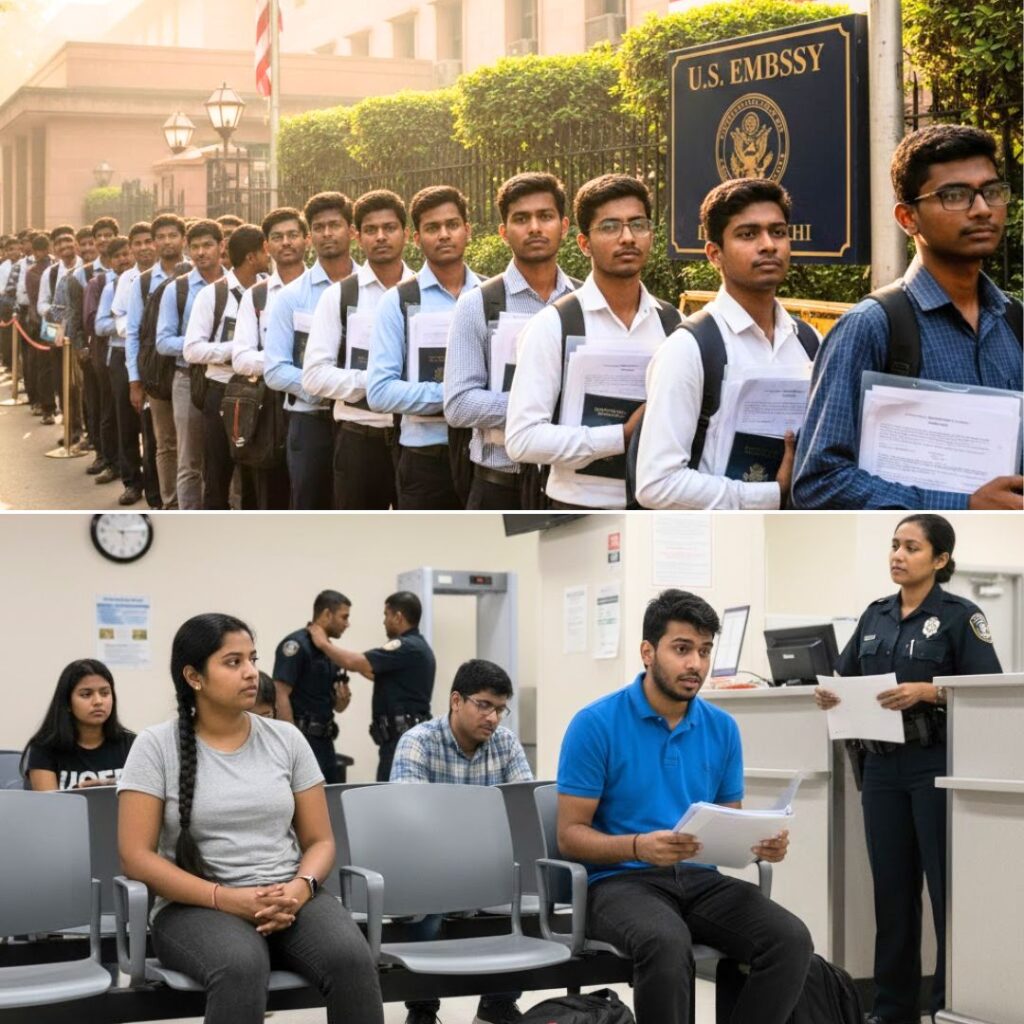President Donald Trump’s recent declaration about the United States’ nuclear capabilities and his directive to resume nuclear weapons testing after a 33-year moratorium marks a significant and controversial shift in American defence policy.
This announcement, made amidst claims that several other nuclear-armed nations are covertly testing their arsenals, has generated widespread international concern and debate.
Trump’s Stark Declaration and Justification
In a nationally televised address followed by a detailed interview on CBS’s 60 Minutes, President Trump proclaimed that the United States possesses “enough nuclear weapons to blow up the world 150 times,” highlighting America’s overwhelming nuclear stockpile compared to Russia and China, which he said were rapidly expanding their arsenals.
Trump claimed that Russia, China, North Korea, and Pakistan have been conducting nuclear tests clandestinely, suggesting the US has “held back” while others advance in secret. He justified his directive to the Department of Defense to recommence nuclear weapons testing “on an equal footing,” emphasizing the need to maintain the country’s strategic deterrence in a changing global security environment.
Trump stated, “We have more nuclear weapons than any other country… but others are testing, and we must do so as well”.
The President also noted the strategic importance of rare earth minerals controlled by China, framing broader geopolitical competition within economic and military terms.
His remarks underscored a move away from the diplomatic peace rhetoric he employed in recent weeks when seeking the Nobel Peace Prize.
Officials’ Clarifications and Expert Reactions
Following Trump’s announcement, US Energy Secretary Chris Wright clarified that the renewed tests would not involve nuclear explosions but rather non-nuclear “system tests” to ensure the functionality and safety of the nuclear arsenal.
Wright sought to assuage public fears by stating there would be no mushroom clouds or explosions associated with the tests.
CIA Director John Ratcliffe publicly supported the President’s claims, citing 2019 Defence Intelligence Agency assessments indicating that Russia and China have been conducting low-yield nuclear tests, although Pakistan’s testing remains officially unconfirmed by intelligence agencies.
Despite these reassurances, many experts and arms control advocates have expressed alarm at the decision, warning it risks undermining decades of arms control agreements and escalating global tensions.
The Arms Control Association and Stockholm International Peace Research Institute point out that a new testing programme could provoke a renewed arms race, increase nuclear risks, and destabilize established deterrence frameworks.
Global Context and Geopolitical Implications
Trump’s assertions and the US decision to resume nuclear testing come against a backdrop of increased military activities by other nuclear powers. Russia recently tested nuclear-powered delivery systems, and Beijing has been accused of covert testing, although China denies conducting nuclear tests and calls on the US to uphold the global moratorium.
Russian officials have similarly maintained that their recent military drills do not constitute nuclear tests. This atmosphere of mutual suspicion and unchecked modernization of nuclear arsenals points to deteriorating strategic stability.
Beyond superpower rivalry, Trump’s remarks stirred regional concerns, particularly for India, as Pakistan was explicitly named among those conducting nuclear tests.
The US President asserted that his administration’s diplomatic efforts, including trade and tariffs, had prevented a nuclear conflict between India and Pakistan earlier in the year, highlighting the high stakes of South Asia’s security dynamics.
The Logical Indian’s Perspective
The Logical Indian is deeply concerned by the escalation in nuclear rhetoric and the abandonment of long-standing testing moratoriums. Words from global leaders on nuclear weapons carry tremendous responsibility; they can either foster peace and stability or breed fear and confrontation.
The decision to resume nuclear testing, even if limited to non-explosive system tests, sends a troubling signal at a time when the world urgently needs dialogue, empathy, and cooperative security measures.
True leadership in these perilous times means choosing restraint, diplomatic engagement, and transparent communication over provocations that risk global calamity.











